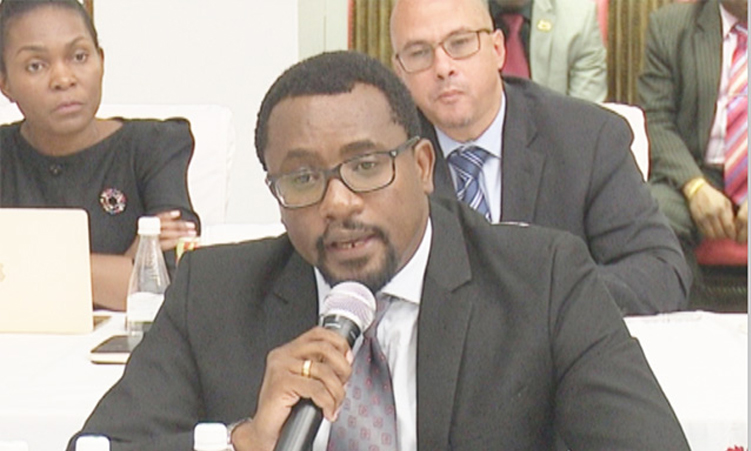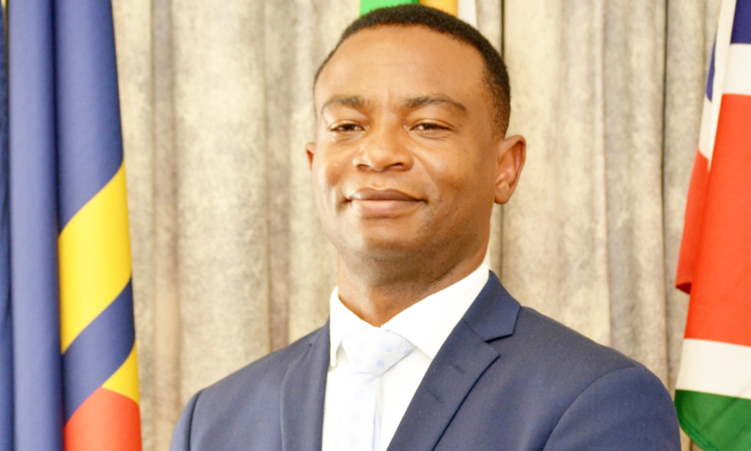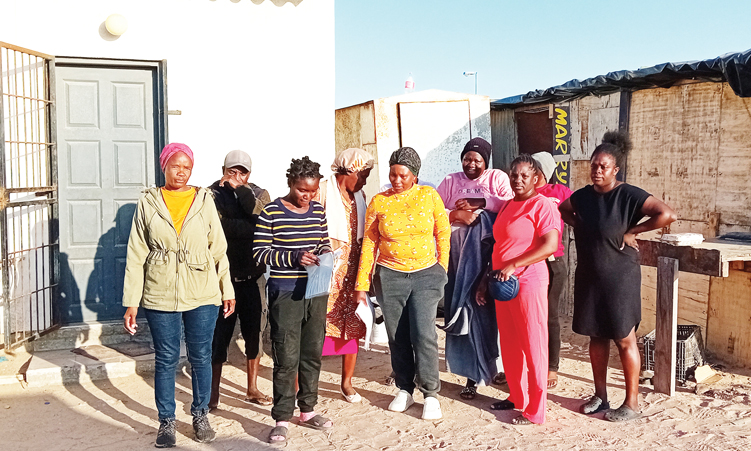Landless People’s Movement (LPM) parliamentarian Utaara Mootu yesterday withdrew a motion tabled last year calling for the expropriation of land – without compensation – from absent foreign landowners.
She attributed her abrupt withdrawal of the motion to the short period of time left of the current parliament, of which the term is set to expire on 20 March.
The motion will now be retabled once new members of parliament have been sworn in.
“Cognisant of the property rights enshrined in Article 16 of the Namibian Constitution and Article 17 of the Universal Declaration of the Rights and Duties of Man; absentee landlords have benefited for too long at the expense of native Namibians,” Mootu said yesterday before her withdrawal.
The post-colonial government in its current state, she argued, serves the growing interests of foreign nationals who reside outside the country at the expense of those who have been dispossessed of land.
“The national resettlement policy tabled by Calle Schlettwein, the minister of agriculture, water and land reform, demands that farmers should have an inflow of up to N$2 million to qualify for a resettlement farm,” she said.
Mootu said this is a far-right policy that perpetuates land inequality and benefits political elites, disregarding the black majority.
Due to the high financial demands of the qualification criteria, the LPM proposes a transformative leftist approach to land distribution that prioritises the empowerment of the masses.
Mootu said the motion aims to ensure that land, a critical national asset, is not “left idle or exploited by those who do not contribute to our nation’s growth”.
“The era of foreign exploitation is over; our land will be reclaimed for the benefit of our people,” she said.
Meanwhile, reports have suggested that United States president Donald Trump froze aid to South Africa in an escalation of the growing rift between the two administrations over a controversial land expropriation law.
Land reform has long been a contentious issue in post-apartheid South Africa, as in Namibia, due to the dispossession and resulting inequality experienced by black and Coloured people.
In an executive order, Trump said the law showed a “shocking disregard” for citizens’ rights, claiming it would allow the South African government to seize land from ethnic minority Afrikaners without compensation.
The Expropriation Act, signed in December 2024 by South African president Cyril Ramaphosa, followed countless policies designed to dismantle equal opportunity, as well as hateful rhetoric and government actions that have driven violence against “racially disfavoured” landowners, Trump said in his order.
The Democratic Alliance (DA) recently filed papers in South Africa’s High Court to challenge the recently signed act, claiming it is unconstitutional.
The DA has asked the court for an order that will nullify the act in its current form.
The LPM’s motion was set to be discussed in the National Assembly yesterday, as the house works through a backlog of motions and questions before their term ends on 21 March.
Stay informed with The Namibian – your source for credible journalism. Get in-depth reporting and opinions for
only N$85 a month. Invest in journalism, invest in democracy –
Subscribe Now!










